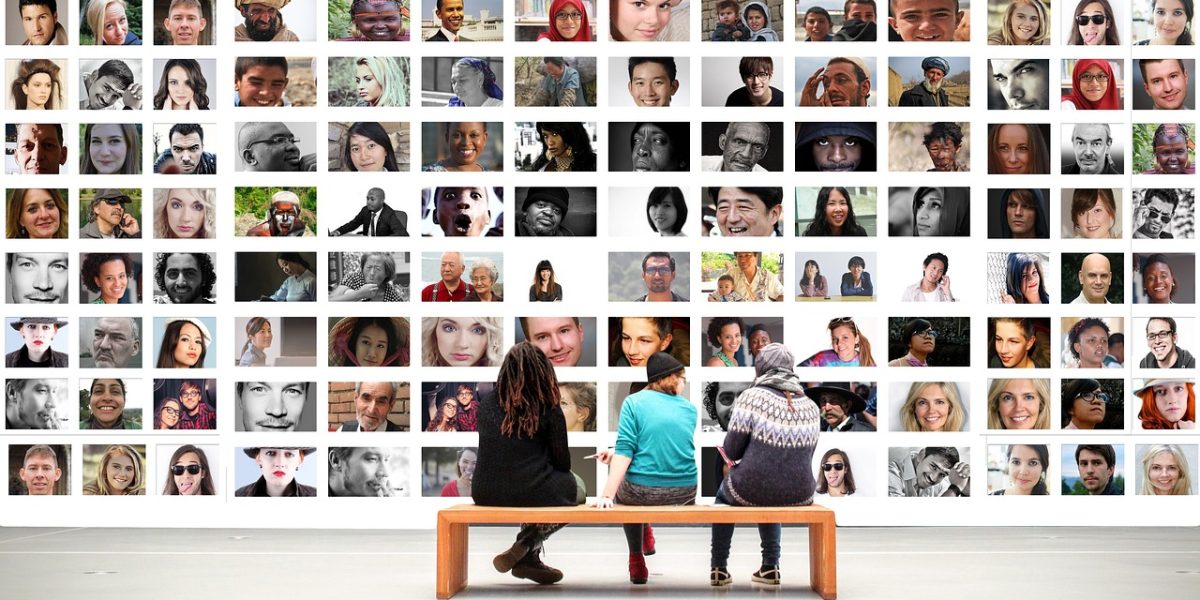In today’s interconnected world, corporations play a significant role in shaping economies, societies, and the environment. As their influence grows, so does the need for accountability. Holding corporations accountable is crucial to ensure ethical practices, responsible behavior, and the well-being of communities. But how can the community effectively wield its power to demand transparency, fairness, and social responsibility from these powerful entities? In this article, we’ll explore actionable ways the community can hold corporations accountable.
Consumer Advocacy and Boycotts:
Consumers hold immense power through their purchasing choices. By supporting companies that align with their values and boycotting those that engage in unethical practices, consumers can send a strong message. Social media and online platforms provide a platform for organizing and spreading awareness about boycotts, forcing corporations to address concerns or risk losing business.
Transparency and Reporting:
Community pressure can drive corporations to be more transparent about their operations, supply chains, and environmental impact. By demanding detailed reporting on issues like carbon emissions, labor conditions, and diversity and inclusion efforts, the community can hold corporations accountable for their actions and push them to improve their practices.
Shareholder Activism:
Shareholders have the power to influence corporate decision-making. Community members who are shareholders can use their voting rights to support resolutions that promote ethical practices, responsible governance, and social impact. Shareholder activism can force corporations to address concerns brought forth by the community.
Grassroots Campaigns and Advocacy:
Community-driven grassroots campaigns can bring attention to corporate actions that negatively impact society. These campaigns can include protests, petitions, public demonstrations, and partnerships with advocacy groups. By amplifying their collective voice, communities can raise awareness and pressure corporations to change their behavior.
Collaborative Initiatives:
Communities can collaborate with corporations to drive positive change. By forming partnerships and engaging in constructive dialogue, they can encourage corporations to adopt sustainable practices, invest in local communities, and contribute to social causes. Collaborative initiatives demonstrate that accountability is a shared responsibility.
Media and Journalism:
Media outlets and investigative journalism play a vital role in uncovering corporate misconduct and holding corporations accountable. Journalists can shed light on unethical practices, corporate negligence, and environmental harm, bringing these issues to the forefront of public discourse and prompting action.
Legal Action and Advocacy:
In cases of severe corporate wrongdoing, legal action can be a powerful tool. Community members, along with advocacy groups, can initiate lawsuits, file complaints, and engage in legal battles to ensure that corporations are held accountable for their actions and comply with relevant laws and regulations.
Supporting Ethical Alternatives:
Communities can promote and support ethical alternatives to corporations that engage in harmful practices. This could involve endorsing local businesses, cooperatives, and sustainable initiatives that prioritize social responsibility and community well-being.
The community’s ability to hold corporations accountable rests on its collective determination, organization, and commitment to ethical values. By leveraging consumer power, demanding transparency, engaging in activism, and collaborating with stakeholders, communities can influence corporate behavior, drive positive change, and ensure that corporations act in the best interests of society and the planet. Holding corporations accountable is not just a responsibility—it’s a powerful means to shape a more just and sustainable future.

